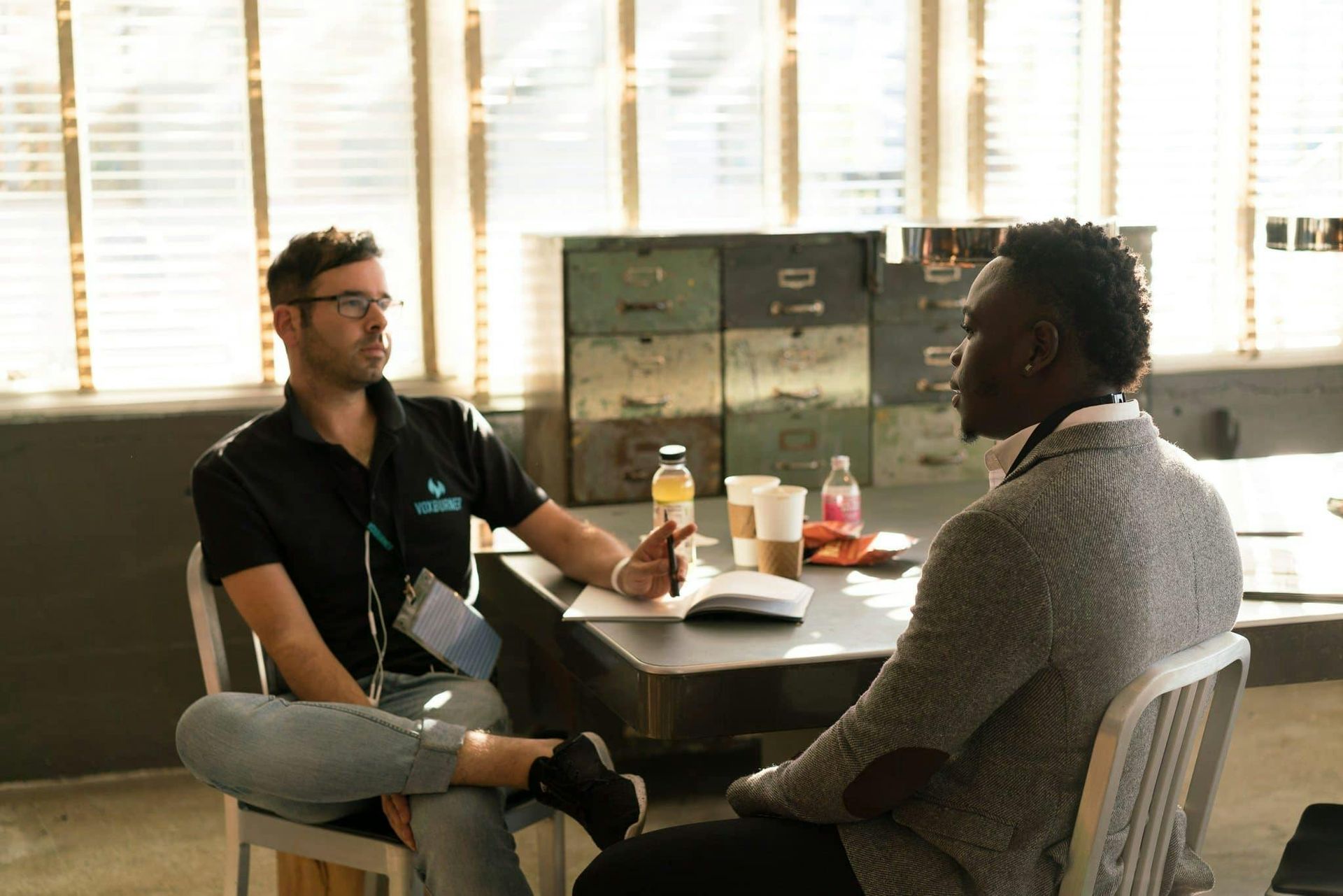Blog
COVID Created Lazy Recruiters
When did we start to accept mediocracy?
Before founding Sourcey, my previous role had seen me move away from recruitment on a day-to-day basis. My focus and passion have always been in engineering within the buildings and property space, primarily centred on building services and structures.
Next month, Sourcey will hit our 18-month milestone. It has certainly been a rollercoaster, but the opportunity to get back into the market and talk to clients and candidates about their aspirations for the future has been nothing short of rejuvenating. That being said, the recruitment industry has changed significantly in the four years I stepped away from recruiting on a day-to-day basis — and not for the better. It can be summed up in one sentence:
Post-Covid conditions rewarded lazy recruiters.
A sweeping statement, for sure, but the industry has changed so let me break this down into what recruiters are not doing anymore.
Meeting candidates in person. You can make as many excuses as you like, but the truth is, if you’re genuinely interested in understanding what’s important to the candidates you work with, you need to meet with them and listen to their story. A five-minute phone conversation and gaining permission to send a CV does nothing to ensure a sustainable, long-term match between client and candidate.
Taking references on candidates. This isn’t simply about checking if a candidate’s CV is accurate and reflective of their responsibilities. It’s imperative to understand how a candidate fits into a team, how they are best managed, and where they excel. Without this information, you are not in a position to inform a candidate’s new employer on how best to support them during their transition.
Meeting candidates even when they are not open to new opportunities. Most of the candidates I meet with aren’t actively seeking new opportunities. I meet them to better understand their aspirations for long-term growth. Understanding their longer-term goals and keeping in regular communication not only helps them maintain focus on their career progression but also provides an opportunity to offer industry advice or guidance as a specialist recruiter in a clearly defined market.
Working actively to help Candidates find their next role. Granted we can not help every candidate we meet with for variety of reasons. But if a recruiter has told someone they can help them the onus is on the recruiter to do the work, talk to their clients and help to unearth those opportunities. Sending an email to your contact list about a candidate and hoping someone emails is a disservice to the trust that candidate has placed in you.
Meeting prospective clients in person. If a candidate entrusts you with their career move and you’re promoting a business or opportunity that aligns with their career motivators, you have a moral obligation to know as much about that employer as possible, sharing both the positives and any developmental areas they may have. Without visiting an office, meeting a client, or interacting with some of their team, how can you, in good conscience, promote a business?
Conducting background checks on clients. My career has been defined as much by the companies I choose to work with as by those I choose not to. Understanding the reputation of both the leaders and clients you work with underpins your ability to help candidates make informed decisions. Cultures can change over time, and having the courage to raise issues with a client—and being prepared to walk away if they are unwilling to evolve—is the epitome of integrity.
Loyalty to clients. If you are a trusted recruitment partner to an organisation, you shouldn’t be approaching their staff with one hand while working on their roles with the other. I’m not sure where this change crept in over the last four years, but the cut-throat, transactional nature of recruitment isn’t sustainable and is a quick way to burn bridges.
If you’re an employer reading this, I would encourage you to take stock and ask yourself what you expect from the recruiters you partner with. What should their process include, and what are your non-negotiables? Having built teams myself, I know how exhausting the recruitment process can be, but a robust process and clear expectations from your recruitment partners are crucial to avoid treading water.
If you’re a candidate reading this, and your recruiter hasn’t taken the time to meet you, ask yourself how invested this recruiter is in understanding who you are and where you want to go.
And finally, to industry peers: Desperate flicking of CV's of candidates you have never met is not enough. Care about what you do. Care about your clients and your candidates more than your placement fee. the industry is cyclical but our approach and service should not be. It is on us to raise the bar and add value to our clients and candidates. We are trusted advisors to the candidates we work with, and it’s time to step up and meet this responsibility.
35 Walnut St, Cremorne, VIC, 3121
geoff.hulbert@sourcey.com.au
ollie.ballard@sourcey.com.au
www.sourcey.com.au



